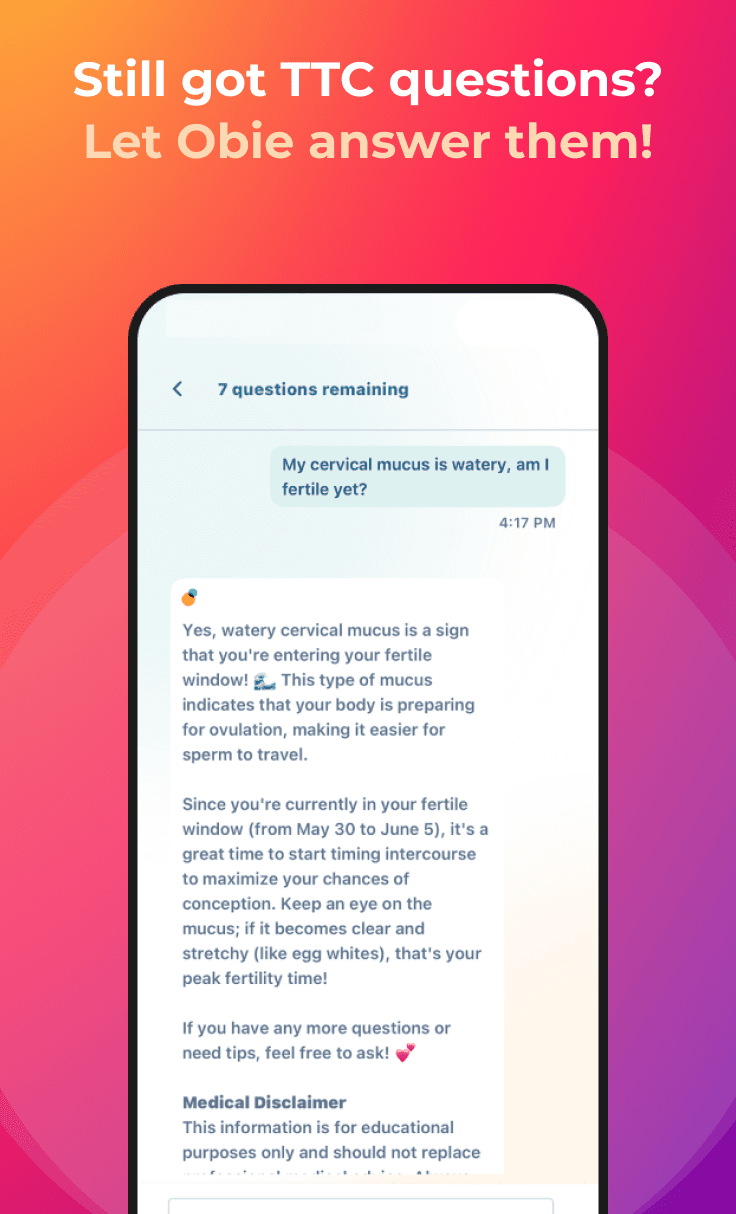What Is Folate and What Is Folic Acid?
Getting Pregnant
Obie Editorial Team
What is folate and what is folic acid?
Folate and folic acid are both a type of B vitamin. Folate is found naturally in foods while folic acid is the manmade version of folate.
What are natural sources of folate?
Folate can be naturally found in:
- Beans, peas, and lentils
- Leafy green vegetables, like spinach, broccoli, and lettuce
- Fruits like lemons, bananas, and melons
- Fortified and enriched products, like some breads, juices, and cereals
Why do I need folate and folic acid before and during pregnancy?
Folic acid is a B vitamin. When taken before and early in pregnancy it helps prevent birth defects of nervous tissue, the brain, and spinal cord. Some studies show it can also prevent miscarriage, stroke, autism, and certain cancers.
Folic acid is available as a supplement, in most multivitamins. Every fertile woman should take a multivitamin with at least 400-800 micrograms of folic acid every day before pregnancy and during early pregnancy, and 4000 micrograms if you have already had a pregnancy affected by a birth defect of the brain or spinal cord or if you had a child with autism spectrum disorder (ASD).
What does folic acid do?
Taking folic acid may have several positive effects:
Decrease birth defects: A deficiency in folic acid has been linked to various fetal anomalies, such as abnormalities of neural tube development (for example, spina bifida, anencephaly), as well as cardiac defects. Studies have shown that women who take folic acid starting one to two months before conception have a decreased risk of having a baby with these malformations.
Protect blood vessels: Folic acid is an important promoter of the body's processing of a substance called homocysteine, and high blood levels of homocysteine have been linked to cardiovascular disease and hypertension. Folic acid encourages the body to convert homocysteine into compounds that help the blood vessels relax and protect the blood vessels' inner lining from damage by oxygen free radicals. Men who suffer from cardiovascular disease generally have lower levels of folic acid.
Reduce depression: Folic acid is required for the production of serotonin, an important neurotransmitter (chemical messenger) that has been connected to mood. Folic acid levels appear to be lower in women suffering from depression.









